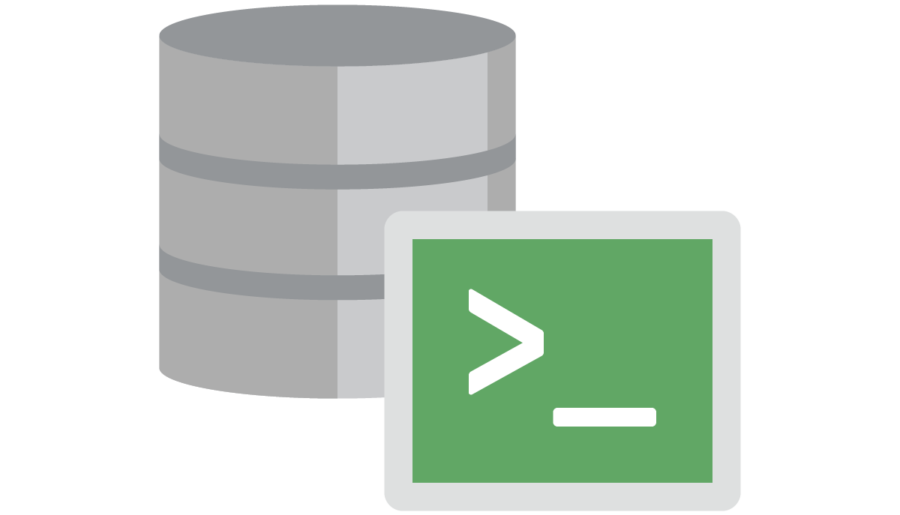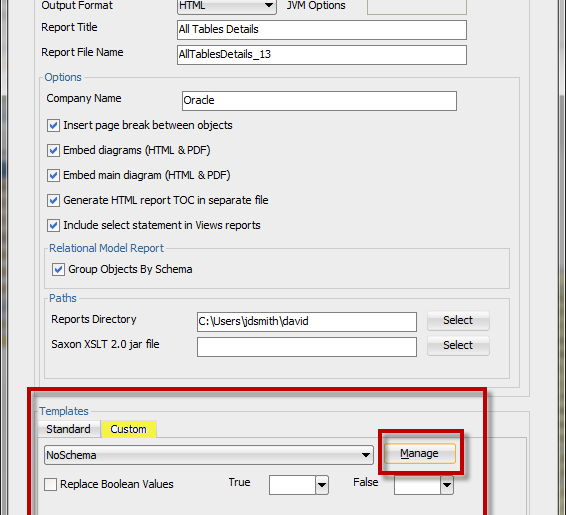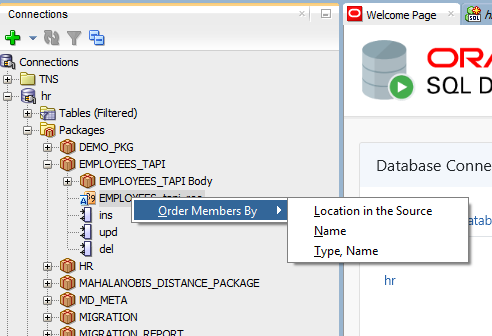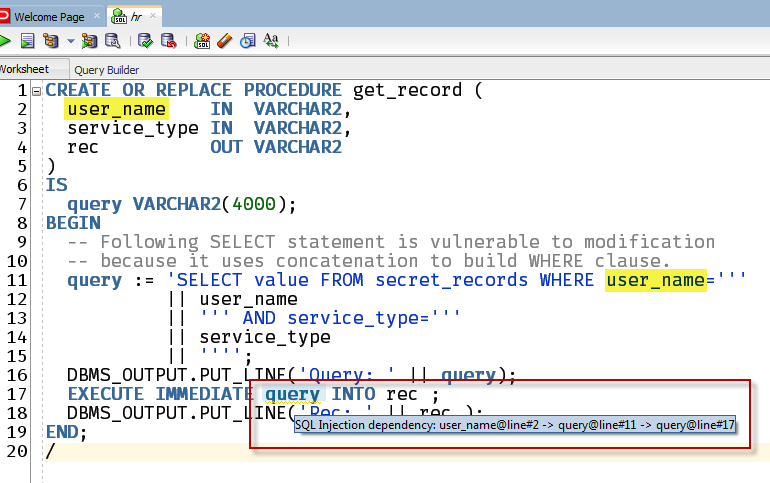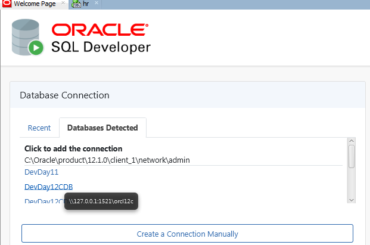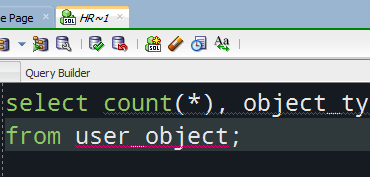This year the KScope conference is in sunny Orlando, Florida. Do you live in the area? Do you work with Oracle technology? Then I’d like to invite you to come hang out with us for a very special week. On Sunday, we have 6 dedicated hours to talk about all things Oracle Database, in a series of lightning talks. In 15 minutes or less, we are tasked to entertain and educate you on various Oracle…
In two previous posts, I have: Introduced Oracle SQL Developer Web and did a quick demo of the Worksheet Demonstrated the data modeler diagramming feature. Today, I want to show you our CREATE and EDIT TABLE dialogs. While I aim for 10 minute videos, I had to go into overtime, and came out at 13 minutes. But as a bonus, you get to see me think in real time as I cocktail-napkin-style ‘design’ my table.…
In this 10 minute video, you get: super quick recap of the Worksheet building a new diagram moving stuff around, changing the colors generating DDL generating a data dictionary report saving and searching diagrams This was my 50th post on YouTube. If you like what you see, be sure to subscribe there so you don’t miss any updates. Your subscriptions will also prove to my kids that I AM A REAL YOUTUBER. Well, probably not.…
We are now live in the Oracle Cloud with Oracle SQL Developer Web. Wait, what’s SQL Developer Web? It’s a browser based version of Oracle SQL Developer powered by Oracle REST Data Services. If you are a Database Cloud Service customer in the Oracle Cloud, it’s rolling out now to those subscribers. If you’d like to know more and see a quick demo, I made you a video 🙂
A question from the innerwebs – Hello, please, is it possible to define and save a (sub)set of objects for comparison? In Databasediff wizard we have an option to define objects, but it’s a bit cumbersome to do the same thing over and over again, so it would be highly useful to save options and selected items for comparison for future use. Thanks a lot, The answer is, Yes! We have a nice Oracle By…
We’ve gone a bit manic when it comes to releasing updates for SQL Developer:- 4x a year, or once a quarter. We’re committed to delivering on this schedule, but we reserve the right to skip a release if there’s no urgent need. More frequent releases means not as much time to wait for bug fixes, and also that new features will be rolled out in smaller changes vs more dramatic ones. Here’s where we’ve been:…
This blog post was going to be JUST that picture above. The size of the logos show what I think are the importance, reach, or quality of their content. But I figured I should throw some words and numbers to go with it. You might now know this, but I’m a bit obsessed with Social Media. It’s worked for me, and I think it can work for you too. But where to spend your time?…
Due to popular demand, we’ve added this new preference to the formatter. With it turned on: On 829334965662aac37aecf6_000000 Off 829334965662aac37aecf6_000001 As always, send us your feedback! Example code always helps us make improvements.
Version 18.1 of SQL Developer is now available. Go download that here. Most importantly, there are a TON of bug fixes in this release. Many of them reported on twitter, blog posts, and our forums. So thanks again for all that feedback. Today I want to talk about the first thing you’ll see, our new ‘Welcome Page.’ It used to look like this – Then it went to this – Make it better AND more…
SQL Developer’s code editors try to help you out. They’ll show you two categories of informational advisories: there is a problem with this code we think we can help you with this code These are shown by various styles of underlined text in the editor. Let’s go through the list of what’s available as of version 18.1 – to be released, soon 🙂 Actually all of these items, save 1, are available right now in…




